初中英语语法:虚拟语气思维导图

初中英语语法:虚拟语气
树图思维导图提供 初中英语语法:虚拟语气 在线思维导图免费制作,点击“编辑”按钮,可对 初中英语语法:虚拟语气 进行在线思维导图编辑,本思维导图属于思维导图模板主题,文件编号是:5c99135acf9c3795e61214c8ca3de0e4
思维导图大纲
初中英语语法:虚拟语气思维导图模板大纲
虚拟语气
虚拟语气可以用来表示说话人主观上所说的话并不是事实,而是一种假设、愿望、建议、请求、命令、空想、猜测、必要性和可能性等。
一、非真实条件句
(1)虚拟现在时(与现在事实相反),从句谓语形式用动词的过去式(be一般用were,而不用was),主句谓语形式为“should(would, could, might)+动词原形”。
If I knew her number I could ring her up.
要是我知道她的电话号码,我就可以给她打电话了。(事实是我不知道)
(2)虚拟过去时(与过去事实相反),从句谓语形式用“had+过去 分词”,主句谓语形式为“should(would, could, might)+have+过去分 词”。
If we had found him earlier we could have saved his life.
要是我们当时早点找到他的话,我们就可以救活他。(事实是我们没能早点找到他)
(3)虚拟将来时(与将来事实相反),从句谓语形式用动词的一 般过去式,或“were to+动词原形”或“should+动词原形”,主句谓语形 式“should(would, could, might)+动词原形”。
If I asked him, I’m sure he’d help us.
如果我恳求他,他肯定会帮助我们。(事实是我不打算恳求他)
注意特殊情况 :
① 虚拟条件从句和主句动作发生的时间不一致时,主句和从句的谓语动词要根据各自所指的不同时间选用适当的虚拟语气形式,这种现象称为错综时间虚拟条件句。
If you had spoken to him last time you saw him, you would know what to do now.
如果你上次见他时和他说过话,你就会知道你现在要做些什么。(过去+现在)
② 若虚拟条件句中含有were或had, should等助动词或情态动词时,连词if可以省略,而将were, had, should提前,构成倒装语序。
Were I in your position(=If I were in your position)I would go.
如果我处在你的处境,我就走了。
Had you arrived five minutes earlier(=If you had arrived five minutes earlier), you could have seen them off.
如果你早到五分钟,你就可以给 他们送行了。
Should he come(=If he should come), tell him to ring me up.
如果他来的话,叫他打电话给我。
③ 利用语境不直接说出条件的句子称为含蓄虚拟条件句。
A 用介词引入条件 * but for(若不是,如没有):注意,凡是出现这个复合介词的句 子,必须要用虚拟语气。
We would have had a pleasant journey but for the rain.(=We would have had a pleasant journey if it hadn’t rained.)
如果没有下雨,我们的旅程会很愉快。
* without/with(在不具备/具备……的条件下)。
Without his help, I could not have done it well.(=If he hadn’t helped me, I could not have done it well.)
要是没有他的帮助,我们不可能做得这么顺利。
With favorable winds, we might have got there in two days.(=If there should be favorable
winds,we might have got there in two days.)
要是顺风的话,我们可能两天后就抵达那里了。
B分词短语充当条件状语(分词短语本身就具有充当条件状语的功能)。
Given a certain opportunity, he could have shown more talent.(=If he had been given a certain opportunity, he could have shown more talent.)
要是能有一定的机会,他也许就能展示出更大的才能。
C 上下文暗示条件。常用来表示不具备条件的连词,如:but, or 或otherwise等。
I would have failed but that you helped me.
要不是你们帮助我,我就会失败。
(but表示让步关系,意为“除非,要不是”,常与that一起构成 but that,相当于if... not...)
I was so busy then, otherwise, I would have finished it.(If I hadn’t been busy then, I would have finished it.)
那时我很忙,否则我早就完成了。
I might have given you more help, but I was too busy.
我可能会给你更多的帮助的,但那时我太忙了。
More water and the young trees couldn’t have died.(=If you had given them more water, the young trees couldn’t have died.)
如果你给那些小树 多浇点水,它们就不会死了。
二、as if / though引导的从句
在as if或as though引导的方式状语从句或表语从句中,用过去时表示与现在事实相反或对现在情况有怀疑;用过去完成时表示对过去事实或过去想象中的动作或情况。
The teacher treats the pupil as if/as though he were her own child.
这位老师对待这位学生就像对自己的孩子一样。(对现在的虚拟)
He looks as if/as though he had been hit by lighting.
他看起来像曾经被雷击过似的。(对过去的虚拟)
They talked and talked as if/as though they would never meet again.
他们说啊说,就好像他们再也见不到对方了一样。(对将来的虚拟)
三、虚拟语气在宾语从句中的应用
(1)在表示愿望的动词wish之后的宾语从句中,需用虚拟语气。宾语从句用过去时表示与现在事实相反;用过去完成时表示与过去事实相反。
I wish I knew what was going to happen.
我真希望我能知道要发生什么事。
She wished she had stayed at home.
她希望当时她在家。
I wish I were rich.
我真希望我很有钱。
(2)在表示“坚持”“命令”“建议”“要求”等词后的宾语从句要用虚拟 语气。这类动词简称“一二四四”:
一个坚持:insist
两个命令:order, command
四项要求:demand, desire, require, request
四条建议:advise, suggest, propose, recommend
这类虚拟语气由“should+动词原形”构成,其中的should在美式英语中通常可以省略。
He insisted that I(should)go with them.
他坚持要我同他们一起去。
He ordered that it(should)be sent back.
他命令把它送回去。
The doctor advised that he not smoke.
医生建议他不要抽烟。
注意:当insist表示“坚称,坚持认为”和suggest表示“表明,暗示”时,其后的从句中不用虚拟语气。
The look on his face suggested that he was quite satisfied with what I had done for him.
他的表情暗示出他对我为他所做的事非常满意。
He insisted that he was honest.
他坚持认为自己是诚实的。
(3)would rather用来表示主观愿望,其后的宾语从句也需用虚拟语气,谓语动词常用过去式。
I’d rather you went tomorrow.
我宁愿你明天去。
Kate went by car and I’d rather she hadn’t.
凯特是坐汽车去的,我宁愿她不坐汽车去。
四、虚拟语气在主语从句中的应用
(1)在某些表示愿望、请求、建议、命令等形容词之后的主语从句中,需用虚拟语气,其谓语形式为“(should)+动词原形”,其中should可以省略。这类形容词常见的有:necessary(必要的), important(重要的), essential(紧要的), imperative(迫切的), urgent(紧迫的)等。
It’s important that we(should)take good care of the patient.
重要的是我们要照顾好病人。
(2)在“It is desired(suggested, ordered, insisted, decided...) that...”主语从句中,常用虚拟语气,谓语形式为“(should)+动词原 形”。
It is desired that this rule be brought to the attention of the staff.
希望这条规则引起全体职员的注意。
(3)在“It is+n.+主语从句”这一句型中,主语从句要用虚拟语气, 此句型中的名词有两类:一类是表示建议、请求、命令等含有主观意向 的动词的同源名词,如suggestion, proposal等;另一类是表示遗憾、惊 奇、怀疑等主观看法的名词,如shame, pity等,其从句中的谓语动词形 式为“(should)+动词原形”。
It is my proposal that he be sent to study abroad.
我建议派他去国外学 习。
It was a pity that you couldn’t come.
你不能来,真是太可惜了。
五、虚拟语气在同位语从句中的应用
同位语从句的先行词通常是表示说话人愿望、建议、要求、命令等 的名词,其同位语从句需使用虚拟语气,谓语形式为“(should)+动词原形”。
The suggestion that students learn something practical is worth considering.
学生应该学习些实用知识的建议是值得考虑的。
六、特殊的虚拟语气
1、if only的虚拟语气
if only也可用于表示与事实相反的愿望,意为“若是……那该多好 啊;真希望……”。若表示与现在事实相反,谓语动词应用过去式;如 果表示与过去事实相反,应用过去完成时态。
If only I were as clever as you!
要是我像你一样聪明该多好啊!
If only you had not told Tom what I said, everything would have been all right.
要是你没有把我的话告诉汤姆就好了,那样就不会出什么问题了。
2、It is(high)time that...句型中的虚拟语气
It is(high)time that...意为“(早)该是做……的时间了”,后面的从句也需使用虚拟语气形式,即谓语动词要用过去式或用should加动词 原形,此时should不可省略。
It is time that the children went to bed.
孩子们该睡觉了。
It is high time that we should set up a new plant in this country.
我们早该在这个国家设立新工厂了。
相关思维导图模板
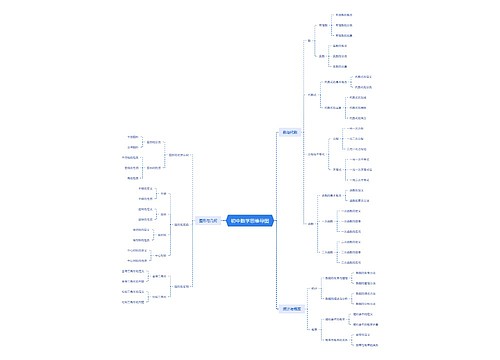

树图思维导图提供 初中数学思维导图 在线思维导图免费制作,点击“编辑”按钮,可对 初中数学思维导图 进行在线思维导图编辑,本思维导图属于思维导图模板主题,文件编号是:df7c6704d9897241906d3b67707b38f6
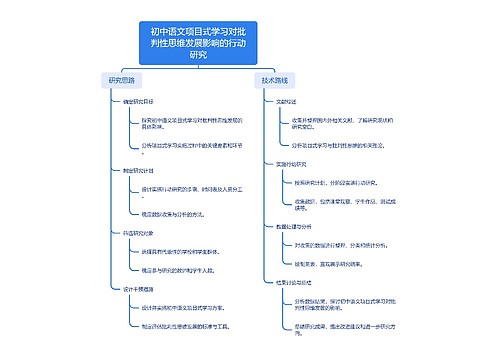

树图思维导图提供 初中语文项目式学习对批判性思维发展影响的行动研究 在线思维导图免费制作,点击“编辑”按钮,可对 初中语文项目式学习对批判性思维发展影响的行动研究 进行在线思维导图编辑,本思维导图属于思维导图模板主题,文件编号是:8ec012a4f1004ce124c3b50bd40ca850


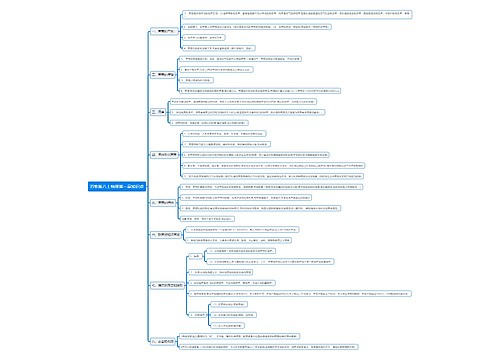
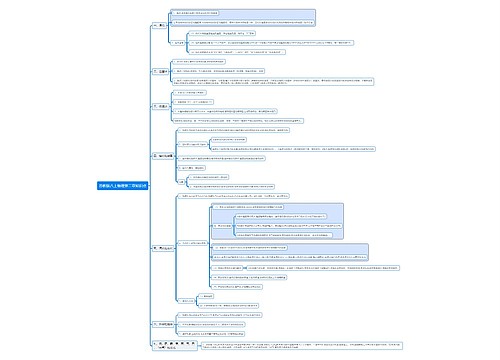
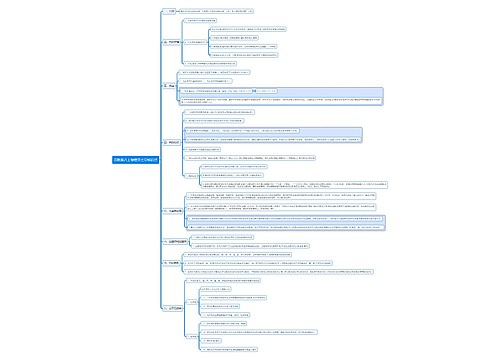
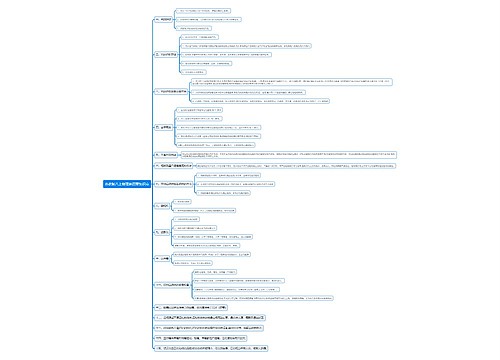
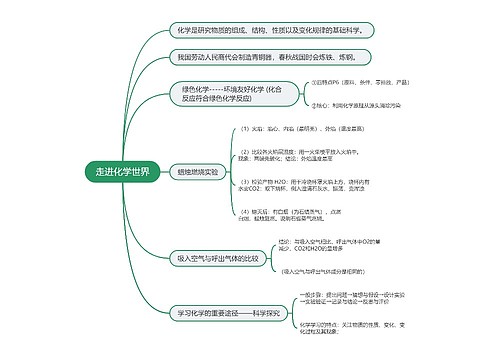

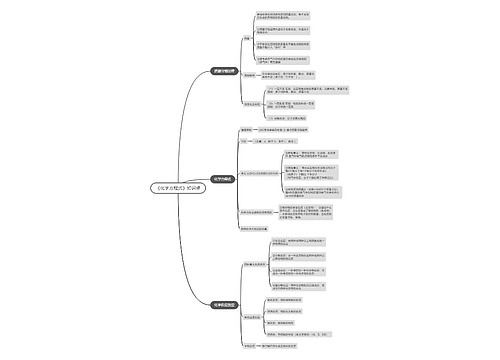
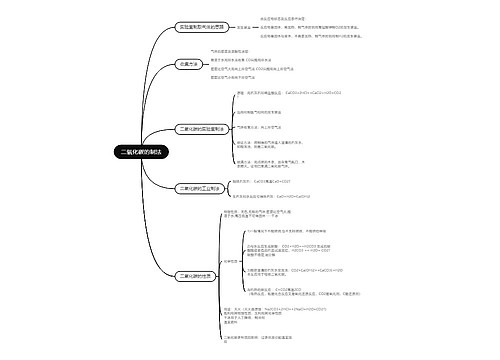
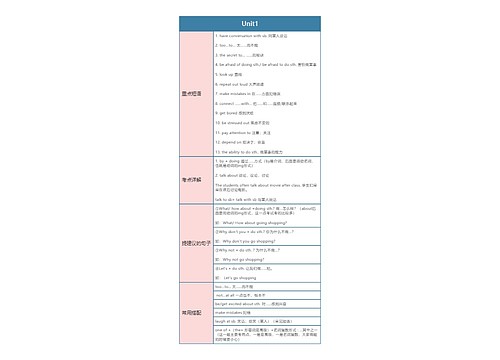

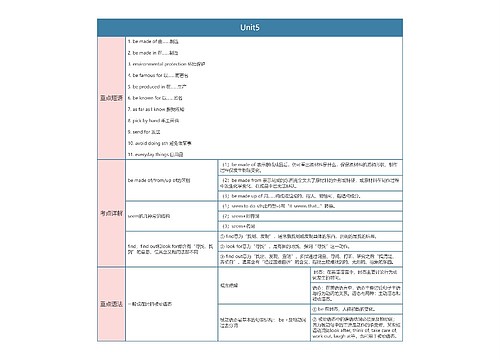
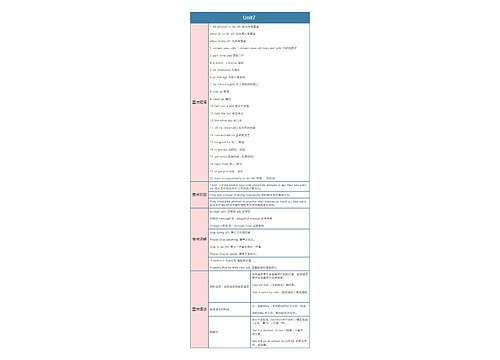
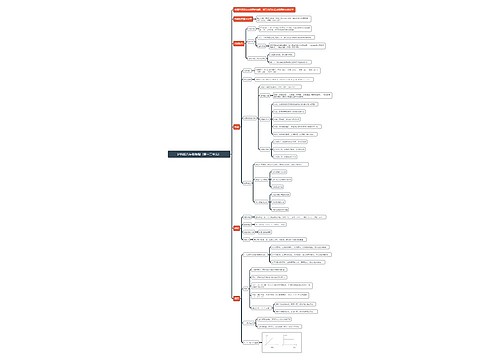
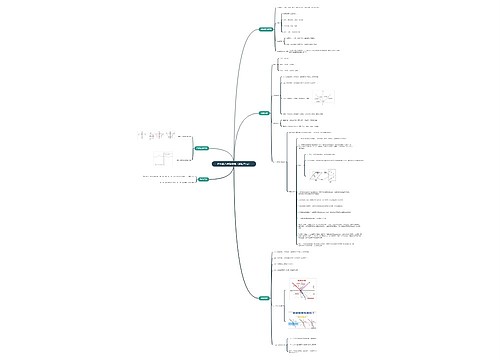
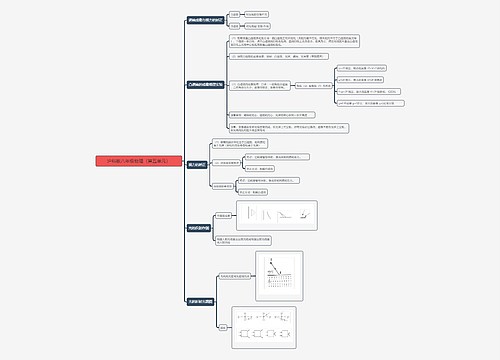
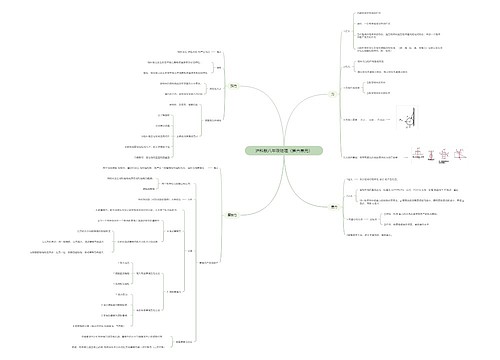
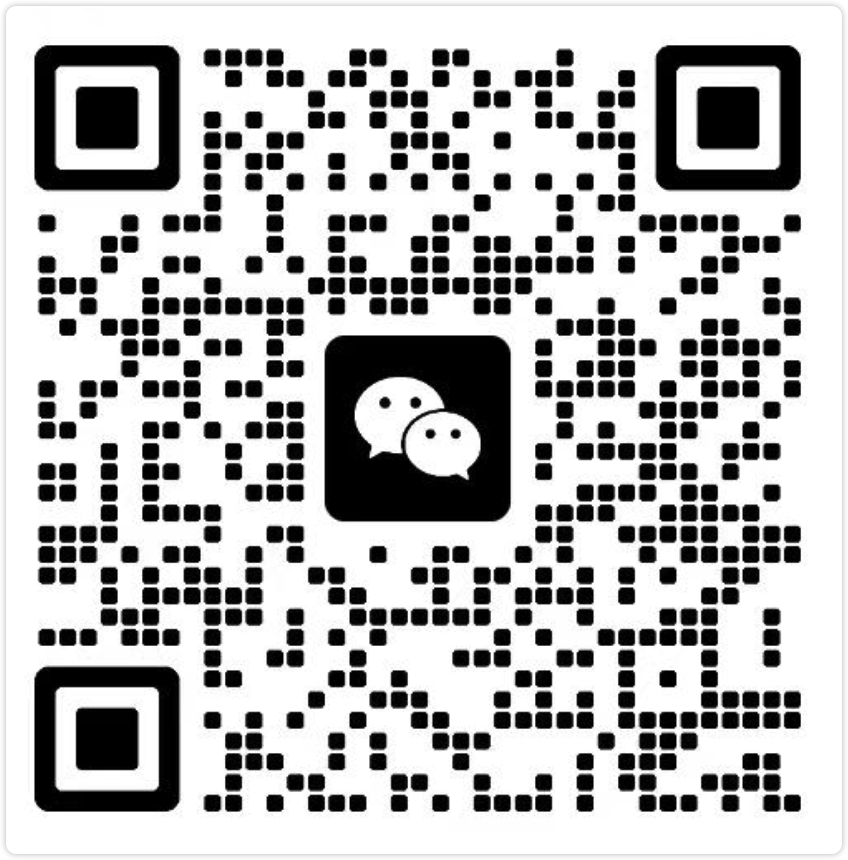
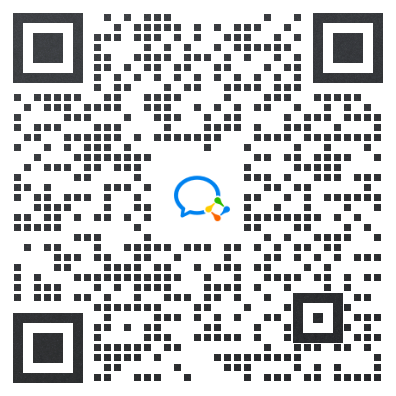
 上海工商
上海工商